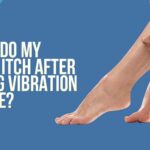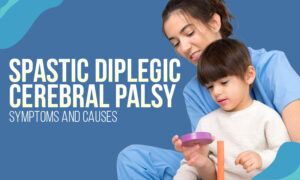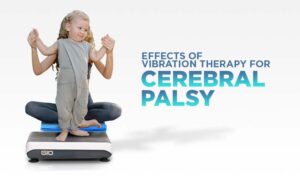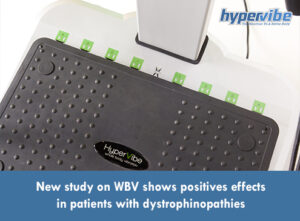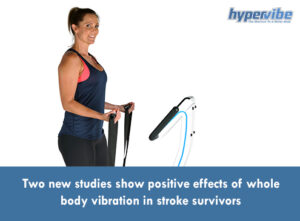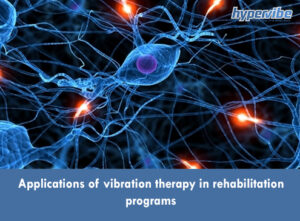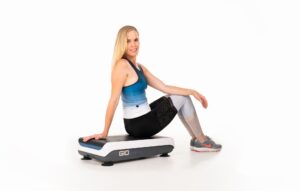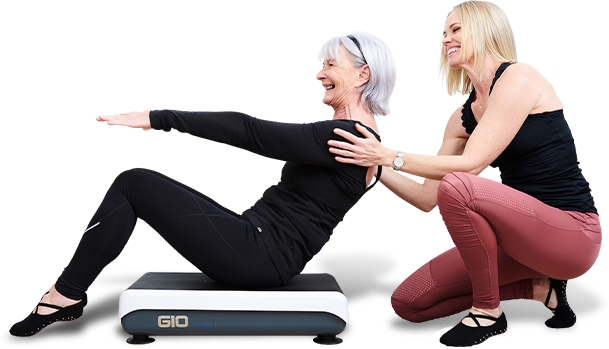WBV and Treadmill Training Effects in Children With CP
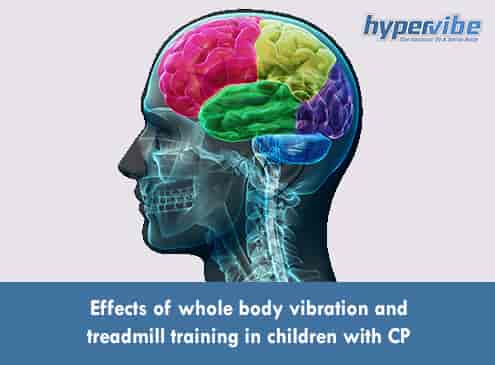
Cerebral palsy affects more than 17 million people worldwide, being a developmental disability that occurs when a part of the brain develops abnormally, or when it becomes damaged before birth or in the initial stages of development.
It is a disorder of movement and posture which affects one’s muscle tone, reflexes and movements, and leads to symptoms like impaired movement, floppiness and abnormal reflexes, unsteady walking, impaired posture and abnormal rigidity of the limbs. The muscle stiffness leads to a reduced range of motion in joints, and the weakness of certain muscles causes swallowing and vision problems.
In some patients, the symptoms affect only one part of the body, while in others it affects the entire body. The hearing and vision senses are affected, and seizures are common. Although intellectual disabilities may be present, they don’t affect all patients, so it is possible for cerebral palsy sufferers to show normal or near-normal intellectual capacity.
The symptoms are permanent but non-progressive, meaning that the manifestations that are observed in the early stages tend to remain constant, and only some of them can be treated or improved with therapy. In most cases, the posture, movement, communication, socialization, and daily living skills of the patients are affected.
The treatment options for cerebral palsy vary depending on the severity of symptoms and on the area of the brain that is damaged. Medications can be used for reducing the muscle weakness or tightness, and for improving their functional capacity.
Physical therapy can be recommended for improving the flexibility, range of motion, and strength of the muscles, as well as for improving the patient’s posture and ability to perform daily tasks. In some cases, occupational therapy is necessary, while in others, the patient may require speech and language therapy.
Effects of WBV and treadmill training in kids with cerebral palsy
In children with cerebral palsy, the strength of muscles is reduced and the coordination of movements is affected, so practicing conventional exercises as part of a physical therapy program may be too challenging and difficult for a lot of patients. For this reason, researchers are looking for alternative solutions for improving the muscle strength, balance, and coordination of these patients.
In a recent study conducted by German researchers, it’s been found that whole body vibration is well tolerated and safe for toddlers with CP, but it doesn’t lead to significant improvements in gross motor function for this group of patients.
The 14-week WBV program involved 24 toddlers with an average age of 19 months, who were exposed to whole body vibration on a side-alternating machine, for improving motor function. Ten 9-minute sessions were served weekly, for 14 weeks. Although there were improvements in the measured parameters, these were not statistically significant.
In previous studies, whole body vibration was found to improve balance and muscle strength of children with cerebral palsy, improve bone mass and mobility, reduce spasticity and normalize muscle tone and function in kids with CP.
In another study, treadmill training was found to accelerate the attainment of walking skills and to decrease the amount of support used for walking in kids with cerebral palsy. This time the patients followed an intensive treadmill training program, combined with their regular physical therapy sessions.
The intervention group (treadmill + physical therapy) performed treadmill exercises 6 times per week for 10-20 minutes per session, doing two daily sessions. Results showed significant improvements in the intervention group.
Since cerebral palsy is a complex disease that requires complex treatment, these therapies – treadmill training and whole body vibration training – could both be incorporated in personalized treatment plans for CP sufferers. Besides these interventions, drug therapy and surgery may be also required.
The overall treatment in cerebral palsy patients is to optimize mobility, maximize the independence of the sufferer and reduce pain, to prevent complications and enhance the social interactions. Also, the available treatments aim to improve one’s ability to communicate and learn, and to improve the overall quality of life of CP patients.
Have something to add to this article? Comment below or join our Facebook community and share your thoughts with us.



